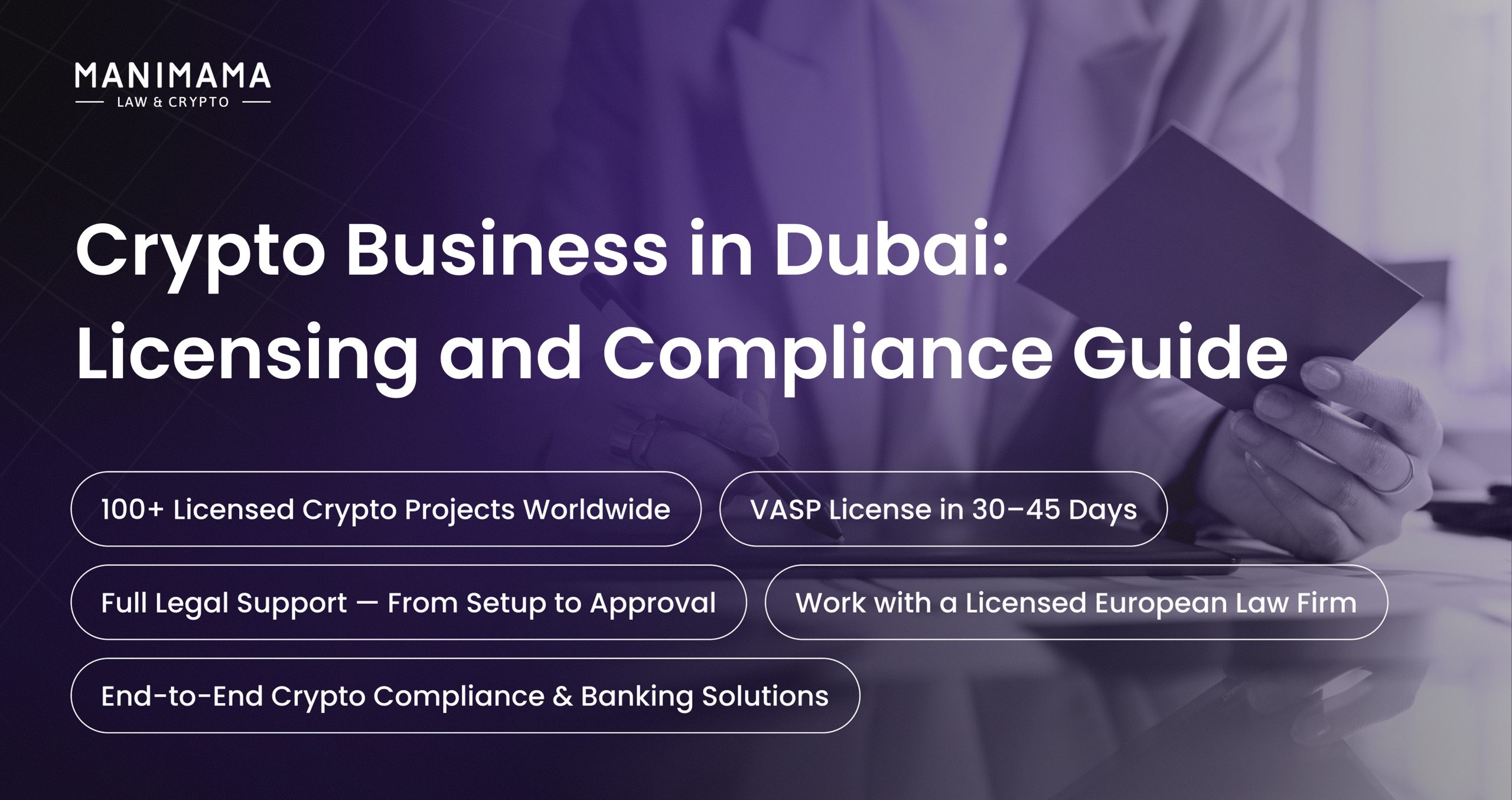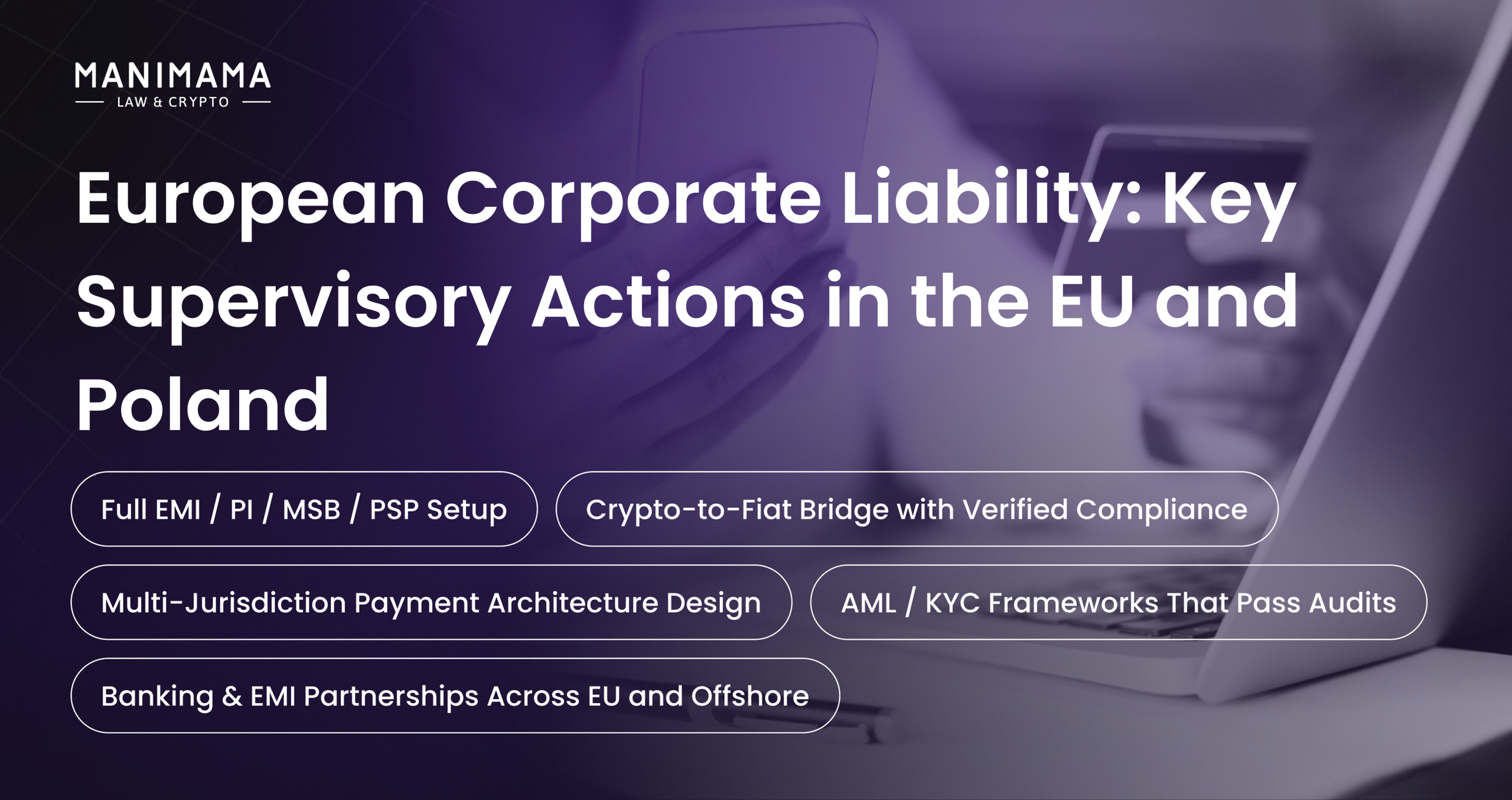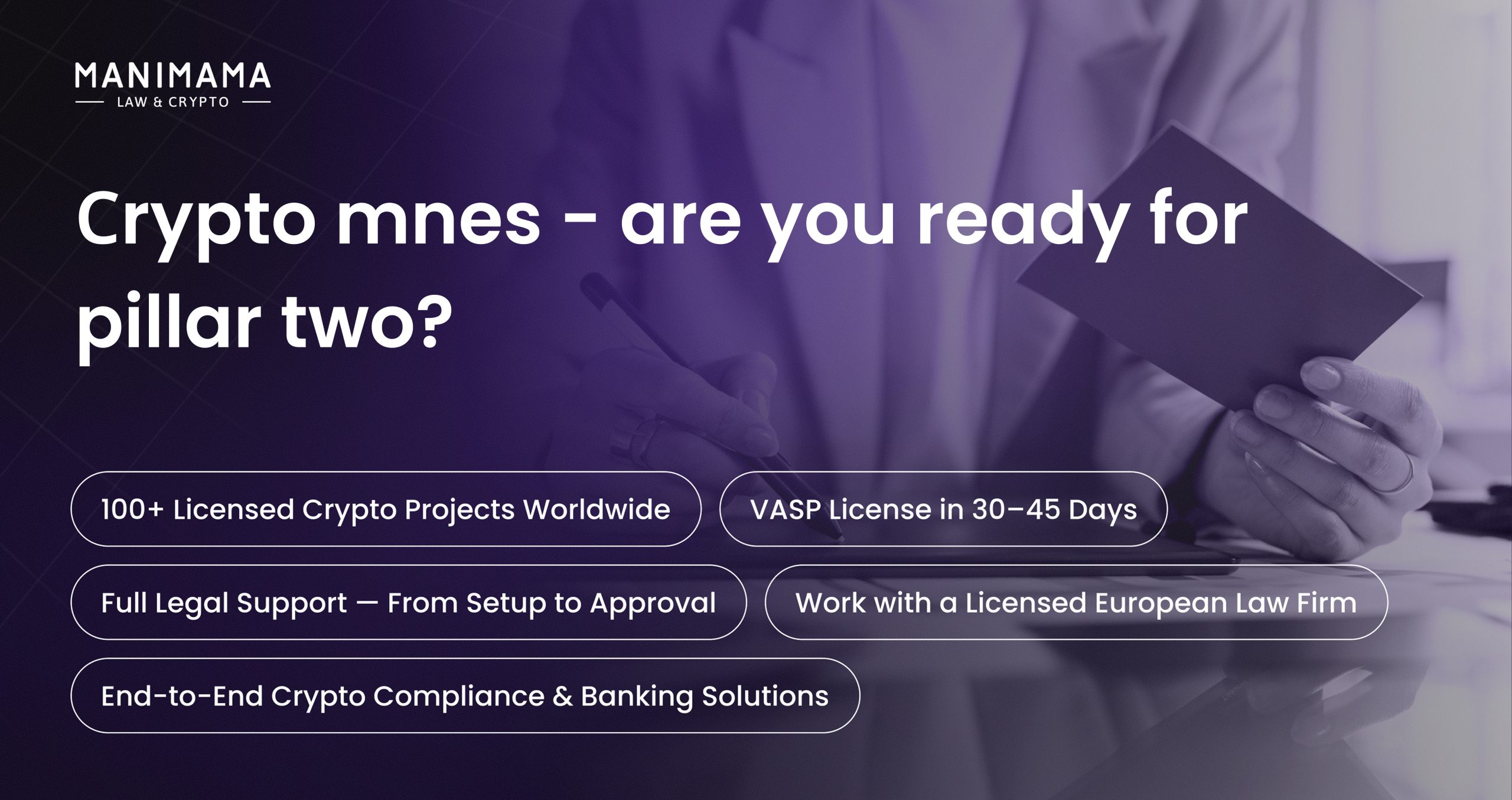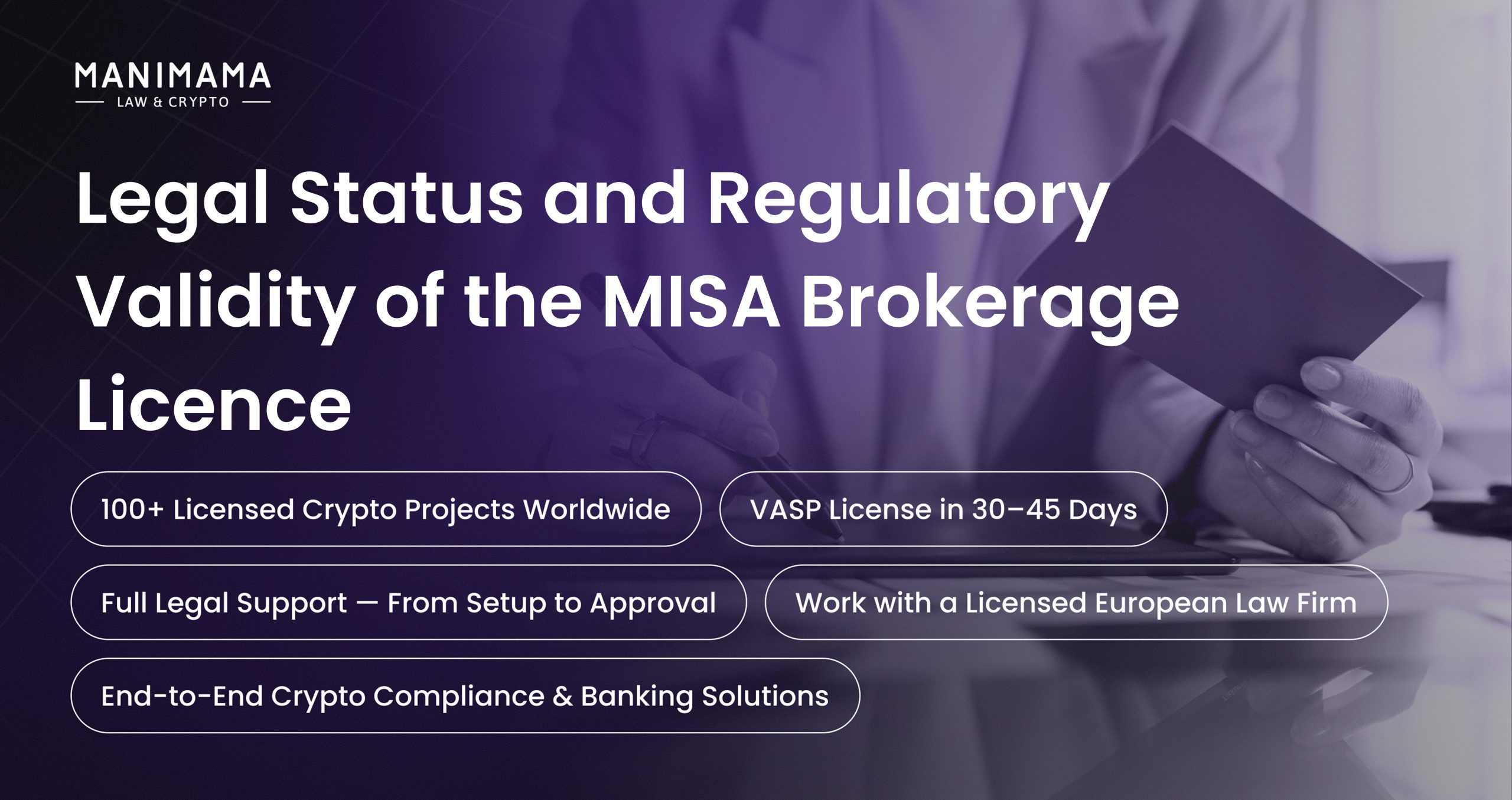Establishing a crypto license in Dubai involves more than company registration. It requires building credibility within one of the most dynamic global markets.
Dubai, situated in the Middle East, has established itself as a global hub for digital assets. The city attracts investors and entrepreneurs seeking a secure environment for crypto exchanges, blockchain startups, and token launches.
This guide outlines the procedures for obtaining a crypto license in Dubai, outlines typical licensing costs, and describes key aspects of Dubai’s crypto regulatory framework.
Dubai as a Global Crypto Hub
Dubai is steadily enhancing its image as a secure and forward-thinking hub for blockchain projects and crypto trading in the UAE.
Authorities combine strict supervision with support for fintech growth, which gives founders both confidence and room to innovate.
Key advantages include:
- Regulatory clarity – a structured framework for virtual assets covers everything from a crypto trading license in Dubai to custody services.
- International credibility – global investors view Dubai as a reliable jurisdiction, unlike offshore centers that are subject to lighter oversight.
- Market potential – the UAE ranks among the fastest-growing markets for crypto trading in UAE, with rising adoption by both retail and institutional players.
Legal Status of Cryptocurrency in the UAE
Entrepreneurs often ask, Is crypto legal in the UAE or Is crypto trading legal in the UAE?
The answer is yes. Cryptocurrency-related activities in the UAE are legal when a company holds the proper license and follows supervisory rules.
Local regulators emphasize investor protection, strict AML/KYC standards, and strong technology safeguards to keep the market stable.
Key Regulators and Their Roles
VARA – Dubai Virtual Assets Regulatory Authority
The Dubai Virtual Assets Regulatory Authority (VARA) is the main supervisor for the emirate, except inside the Dubai International Financial Centre (DIFC).
Founded in 2022, VARA defines categories of virtual-asset services, sets capital requirements, and issues permits such as the crypto exchange license in Dubai.
Its rulebooks detail cybersecurity obligations and ongoing compliance duties.
DIFC and DFSA
Inside DIFC, the Dubai Financial Services Authority (DFSA) regulates digital tokens.
Companies operating in both the DIFC and on the mainland must often secure dual approvals from the DFSA and VARA.
DMCC Free Zone
The Dubai Multi Commodities Centre (DMCC) is a favorite free zone for blockchain firms.
Many entrepreneurs apply for a crypto license from DMCC or a DMCC cryptocurrency license to benefit from world-class infrastructure, 100% foreign ownership, and competitive tax policies.
Main Types of Crypto Licenses
To operate legally, you must obtain the right category of cryptocurrency license in Dubai or a broader cryptocurrency license in the UAE.
Typical activities include:
- Advisory Services – consulting on virtual-asset transactions.
- Broker-Dealer Services – facilitating trades and acting as a market maker.
- Custody Services – protecting private keys and managing client wallets.
- Exchange Services – running a Dubai crypto exchange or crypto exchange in Dubai for crypto-to-fiat or token-to-token swaps.
- Lending and Borrowing Services – offering or arranging crypto loans.
- Asset Management and Investment – managing portfolios of virtual assets.
- Transfer and Settlement Services – executing and settling transactions on behalf of clients.
No company may begin any of these activities without the appropriate crypto license in Dubai or equivalent permit.
Step-by-Step Licensing Procedure
Launching a compliant crypto exchange in Dubai or a blockchain platform involves several key stages.
1. Preparatory Stage
- Company formation – register a mainland entity or set up in a free zone such as DMCC.
- Local presence – maintain an office and hire essential staff in Dubai.
- Fit and Proper criteria – directors and shareholders must meet standards of integrity and competence.
2. Initial Approval
Submit an Initial Disclosure Questionnaire (IDQ) and obtain Approval to Incorporate (ATI) from the Department of Economy and Tourism (DET) or the selected free zone.
This step requires a detailed business plan, shareholder information, and partial payment of the license fee.
3. Final VARA License
Provide a full documentation package, including AML/KYC policies, a risk-management framework, a cybersecurity plan, and audited financial forecasts.
VARA reviews the materials and, once satisfied, issues the final crypto license in Dubai or crypto exchange license in Dubai.
Licensing Timeline and Cost
Industry data indicate that the entire process takes 8–14 months, depending on the business complexity and the regulator’s workload.
The crypto license in Dubai cost varies by service category but typically exceed USD 100,000 once government fees, professional services, and compliance systems are included.
Setting up in DMCC may involve a different pricing model for a DMCC cryptocurrency license.
Ongoing Compliance Requirements
Obtaining a license represents the initial stage of regulatory compliance.
Holders of a cryptocurrency license in Dubai or a crypto trading license in Dubai must meet strict operational standards:
- Anti-Money Laundering (AML) – continuous transaction monitoring, enhanced checks for high-risk clients, and reporting to the UAE Financial Intelligence Unit.
- Cybersecurity – robust controls to protect private keys and client funds.
- Corporate governance – prompt reporting of any changes in directors, compliance officers (MLRO, CCO), or other key functions.
- Financial stability – maintenance of minimum capital and liquidity with regular reports to VARA.
- Client asset protection – full separation of client funds from company accounts and immediate reporting of any incident.
Non-compliance can result in severe penalties, including temporary suspension or complete cancellation of the crypto license in the UAE.
Free Zones vs Mainland: Choosing the Right Path
Entrepreneurs can operate either as a mainland company under the VARA or in a free zone, such as the DMCC or DIFC.
Key considerations include:
- A DMCC cryptocurrency license offers 100 % foreign ownership, simplified onboarding, and an active blockchain community.
- The DIFC provides a common-law framework that is attractive to institutional investors, but it involves additional regulatory steps.
- Mainland entities offer broader access to the UAE market but require physical offices and adherence to Dubai’s crypto regulations.
Additional Factors from Competitor Research
Recent industry updates add new elements to consider when planning how to get a crypto license in Dubai:
- Marketing Guidelines – VARA requires clear, truthful promotions to prevent misleading claims.
- Travel Rule Compliance – VASPs must share sender and receiver data for cross-border transfers.
- Tokenization of Real-World Assets – VARA is increasingly reviewing projects involving real estate or commodities.
- Dual Licensing – Companies targeting both the DIFC and mainland Dubai must coordinate with the DFSA and VARA simultaneously.
Practical Tips for Success
- Plan ahead and launch the crypto license in Dubai procedure early, as the approval process requires thorough checks and extended timelines.
- Prepare a comprehensive budget that includes government fees, advisory costs, and internal compliance expenses when estimating the total cost of a crypto license in Dubai.
- Engaging experienced professionals, particularly legal teams familiar with the Dubai Virtual Assets Regulatory Authority process, can expedite licensing and mitigate regulatory risk.
- Maintaining open, honest interaction with regulators fosters confidence and helps accelerate licensing approval.
- Strategically design the business entity to facilitate future expansion beyond Dubai into the broader Gulf region.
Comparison with Other Jurisdictions
Dubai rivals London, Singapore, and Hong Kong as a prominent global center for crypto.
Unlike many offshore centers, the UAE requires genuine substance—physical offices, qualified staff, and regular audits—while still offering tax advantages and access to the regional market.
| Feature | Dubai VARA | DMCC | DIFC | Offshore (BVI/Seychelles) |
| License Timeline | 8–14 months | 6–12 months | 10–16 months | 1–3 months |
| Compliance Level | High | High | Very High | Low |
| Investor Perception | Strong | Strong | Institutional | Risky |
| Typical Costs | crypto license in Dubai cost > USD 100k | Similar | Higher | Lower but less credibility |
Conclusion
Establishing a crypto business in Dubai provides access to a rapidly expanding market and requires strict compliance with Dubai’s crypto regulatory framework. Our goal is to establish a Dubai crypto exchange, secure a crypto license from DMCC, or launch a platform under a cryptocurrency license in the UAE. Success depends on solid governance, financial stability, and continuous compliance.
Companies that meet these standards gain a strategic position bridging East and West, enabling secure and scalable cryptocurrency trading in the UAE.
Contact Us
If you are exploring how to get a crypto license in Dubai or need help with a crypto trading license in Dubai, our legal team is ready to assist.
Telegram: https://t.me/manimama_sales
Website: https://manimama.eu/
Join our Telegram channel for updates on crypto exchange regulations in Dubai and market news.
The content of this article is intended to provide a general guide to the subject matter, not to be considered as a legal consultation.











